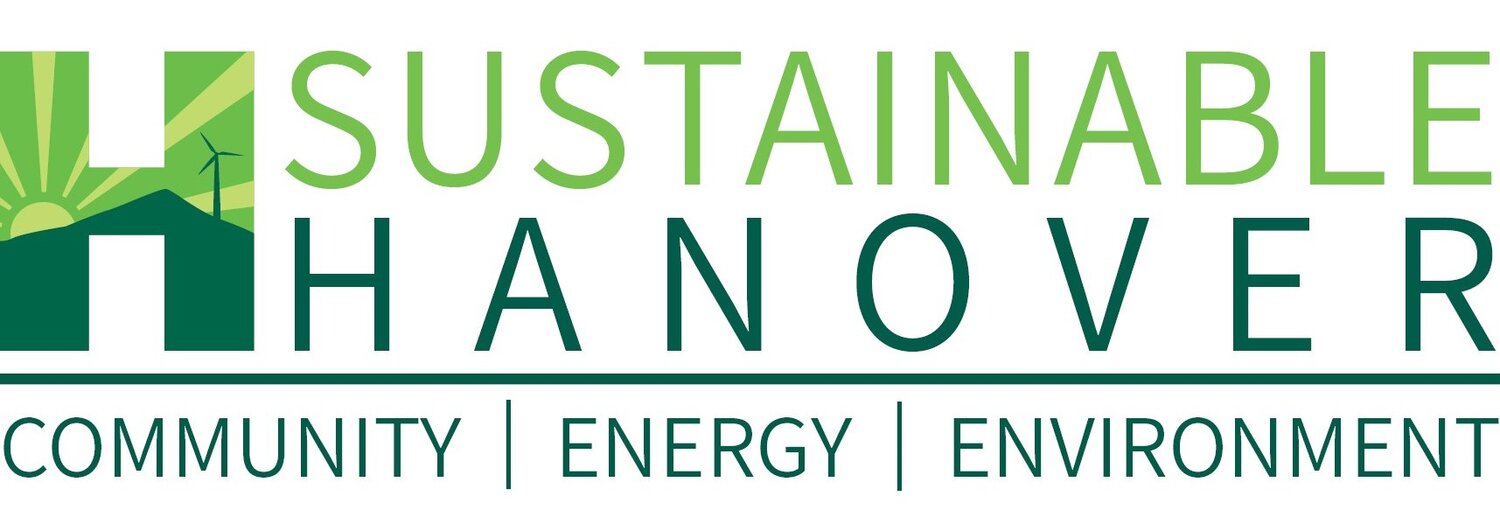WHO KNEW it’s Easy to Recycle or Up-cycle Clothing and Other Used Textiles?
We recently spotlighted LISTEN in a WHO KNEW column, highlighting its valuable role as a source of affordable, used household goods—including clothing.
Unfortunately, a lot of the clothing donated to LISTEN isn’t usable. While slightly worn items—like jeans with ripped knees—can be trendy and resellable, many donations are too damaged. LISTEN representatives emphasize this simple rule: if you wouldn’t wear it or use it yourself, don’t donate it.
Some items, such as wet or moldy textiles, can ruin entire bags and even damage nearby donations. Since these garments can’t be sold, LISTEN ends up spending over $100,000 per year to dispose of unusable donations.
Without a more efficient solution, it's estimated that 85% of all textiles and clothing end up in landfills.
That’s where Apparel Impact comes in—a newer organization helping to bridge the gap between what can and can’t be reused. You may have seen their red and white collection bins around the Upper Valley, including four at the Hanover Co-op parking lot.
These bins accept:
Used clothing
Shoes and accessories
Towels, sheets, and other textiles
An Apparel Impact associate regularly collects the contents. Items are then cleaned, sorted, and repaired when possible. Wearable garments are redistributed to individuals and families in need. Materials that can’t be reused are sold to brokers who recycle or repurpose them into new products.
It’s a smart solution that reduces waste—and supports a good cause. Even better, Apparel Impact was founded and is operated by veterans. apparelimpact.com
Apparel Impact continues to expand, with many accessible bin locations throughout Hanover and the Upper Valley.
Importantly, LISTEN and Apparel Impact see themselves as partners, not competitors. There’s more than enough discarded clothing to support both efforts—and far too much still ends up in the landfill.
By donating responsibly and using these textile recycling options, we can all help reduce waste and make a difference in our communities.
